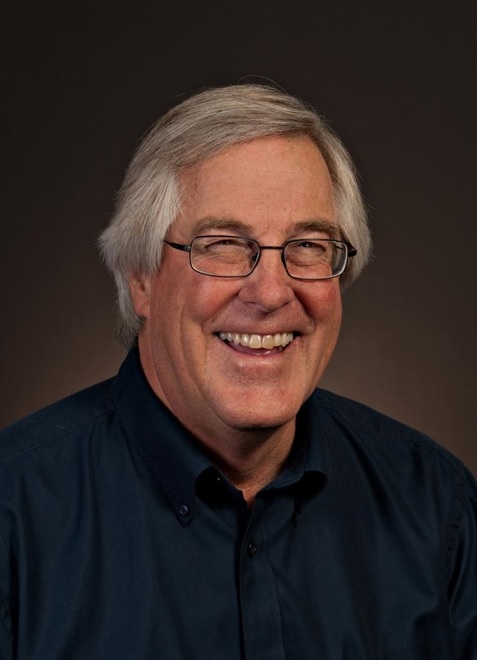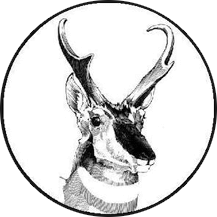The Aldo Leopold Award is awarded to a well-established individual who has made a lasting contribution to the conservation of mammals and their habitats. Aldo Leopold, the “father” of wildlife ecology and management, is well known for his famous land ethic philosophy and his influence on wildlife conservation, including his active membership on ASM Conservation Committees in the 1930s.

The 2015 Aldo Leopold Conservation Award from the American Society of Mammalogists is awarded to Dr. Andrew T. Smith who is perhaps best known for his promotion of the conservation of Lagomorphs and his detailed monographs and field guides focused on Asia's rich mammalian fauna. Our awardee’s leadership and impact in the conservation arena can be found on several fronts. He served on the China Council on International Cooperation in Environment and Development (CCICED) for more than 10 years and has been a leader in establishing international ties to Chinese mammalogists and other Asian biologists. He co-authored the first comprehensive Guide to the Mammals of China (Princeton University Press, 2008; Chinese version 2009) and also the Princeton Pocket Guide to the Mammals of China (2013), which together provide the primary reference works needed to conserve a heavily exploited fauna in Central Asia. He also has made numerous contributions (and won recognition) for his work with the IUCN. He has been a member of the Lagomorph Specialist Group of IUCN's Species Survival Commission since 1978 and served as the Chair of this commission since 1991, for which he received Citations of Excellence in 2004 and 2012. Dr. Smith initiated the work in May 1994 on the database (Species Information Service) that has led to the capture of all current Red List data. His strong advocacy for conservation of lagomorphs worldwide, but especially on the Tibetan Plateau, provide a wonderful model of what is possible when scientists apply their research skills, determination, and knowledge to help shape conservation policy.
Finally and notably, Dr. Smith’s pioneering efforts at Arizona State University (where he holds the distinguished title of President’s Professor) led to the development and implementation of one of the first formal Conservation Biology degrees nationwide, a feat that surely would have made Aldo very proud. In total, Dr. Smith’s research, mentoring, program building, and outreach activities over the past three decades have significantly impacted the conservation of mammals (and other organisms) in one of the most impacted regions of our planet.
